Smart Cities
Special Sessions Venue: Room 15-Demetrio Aguilera Theater- International Telecommunication Union (ITU),
- United Nations Development Programme (UNDP),
- United Nations Human Settlements Programme (UN-Habitat).
- United Nations Economic Commission for Europe (UNECE),
- Convention on Biological Diversity (CBD).
- Achim Wennmann Executive Coordinator Geneva Peacebuilding Platform Germany

- Ayşe Mücella Yapıcı Metropolitan Branch Chamber Of Architects Of Turkey Turkey
- David Braun National Geographic Society United States of America

- Dr. Bernadia Irawati Tjandradewi Secretary General United Cities And Local Governments Asia Pacific (UCLG ASPAC) Indonesia
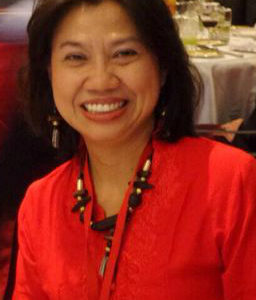
- Iñigo de la Serna President Of The Council Of European Municipalities And Regions (CEMR) / Mayor Of Santander (Spain) Council Of European Municipalities And Regions (CEMR) / Municipality Of Santander Spain
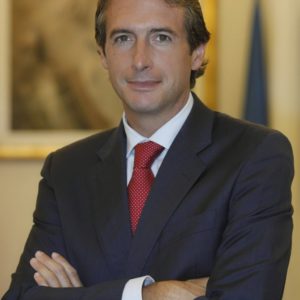
- Juan Carlos Jaramillo Undersecretary Of Information Society And E-government From The Ministry Of Telecommunications And Information Society MINTEL Ecuador

- Lorena Zarate Ex-President Habitat International Coalition (HIC) Argentina
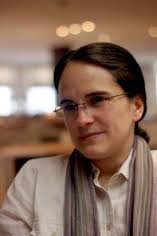
- Mario Cárdenas

- Mr. Oleg Kambenski Head Passenger Transport And Taxis International Road Transport Union (IRU) Bulgaria

- Ms. Fiona McCluney UN Resident Coordinator And UNDP Resident Representative In Montenegro United Nations Development Programme United Kingdom of Great Britain and Northern Ireland
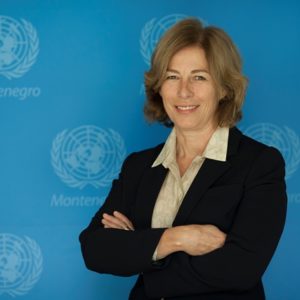
- Sarah Nandudu Vice Chairperson National Slum Dwellers Federation Of Uganda Uganda
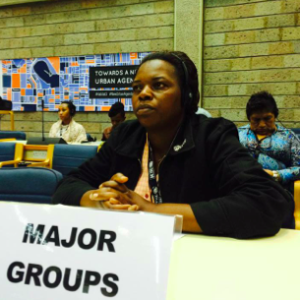
Description of the session The New Urban Agenda references the role and potential of information and communications technologies (ICTs) to advance the goals of and address the challenges posed by urbanization, presenting new opportunities for making cities inclusive, safe, resilient, and sustainable. ICT advancements have enabled new approaches, tools and mechanisms for improving the quality of urban life and enhance the prospects of cities (and countries) around the world. Governments and partners have been exploring how best to harness the potential of ICTs not only to increase the efficiencies of city operations, but to advance sustainable urban development overall. There is an increasing role of ICTs in networked urbanization, and ICTs have ushered significant and irrevocable changes in the way people live, boosted social prosperity, and have significant impact on the growth and competitiveness of economies and cities. Smart cities involve the development of digital policies and strategies that are people-centered and tap into technological innovations to build the capacities of stakeholders (smart grids, smart government, smart citizenship, etc.). Key in smart city efforts is the use of ICTs to improve the quality of life of urban communities and build inclusive urban societies, thus efforts include the use of ICTs to enhance equitable access to urban services and opportunities, broaden participation particularly of the poor and marginalized in urban development processes, enable stakeholders’ co-development of solutions, foster accountable and responsive local authorities, as well as increase efficiencies across sectors overall. There is growing recognition of ICTs’ potential to achieve desired outcomes in urban development: high-quality public spaces, well-connected grids, well-designed density, increased resource efficiency, improved quality of life, growth with reduced carbon emissions, and knowledge creation and management that address emerging needs and risks --- the contours of cities that are smart and sustainable. This Session will explore the innovative policies, approaches and strategies that could assist the effective implementation of the New Urban Agenda, with a focus on how a “smart city” advances the Agenda’s goals of inclusion, sustainability and resilience.
